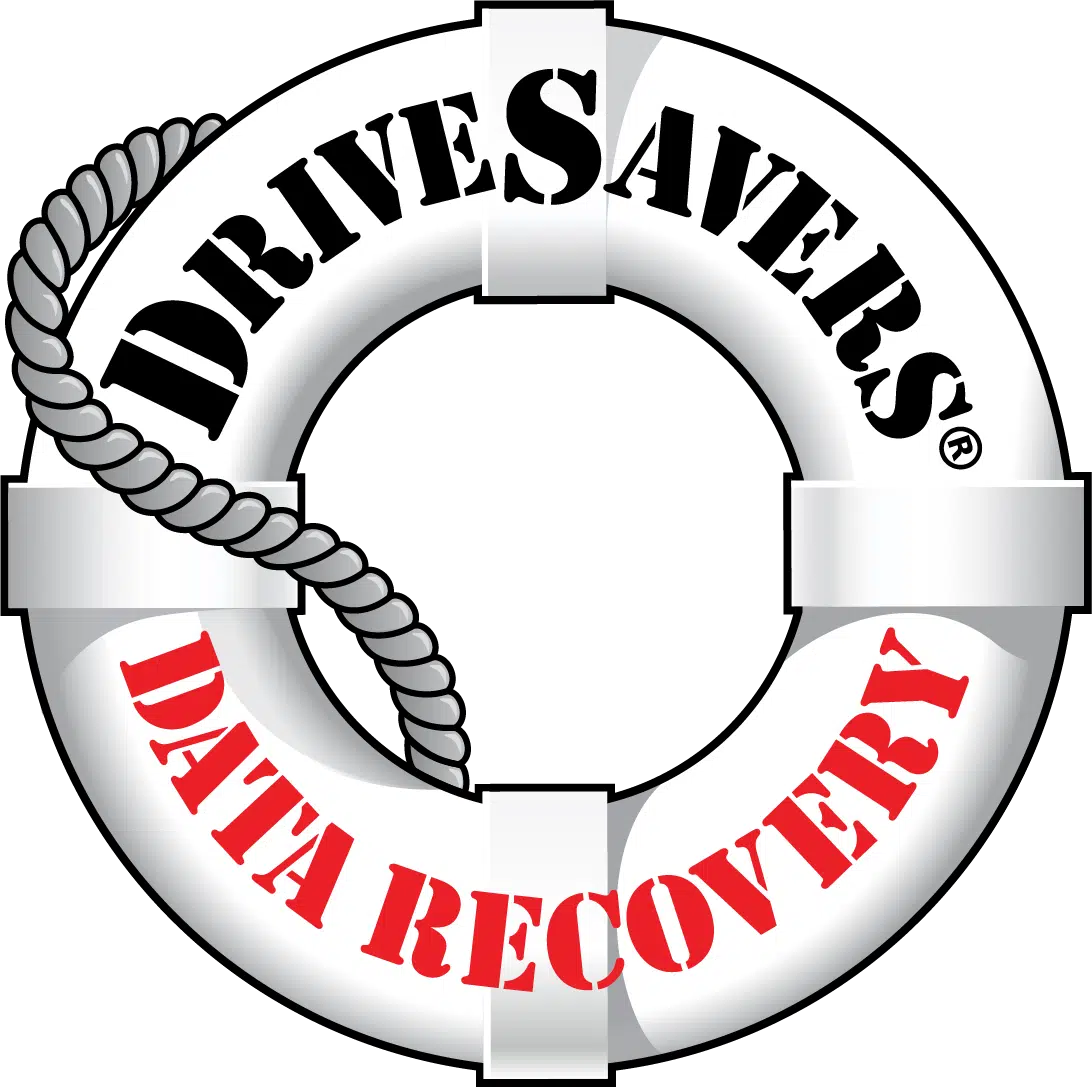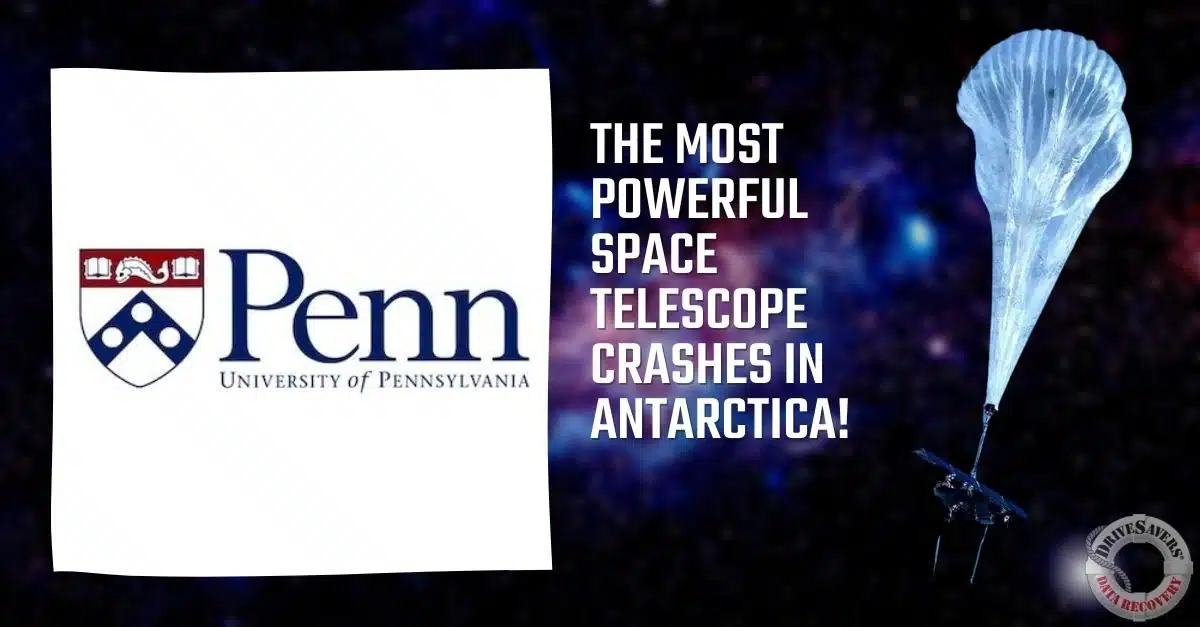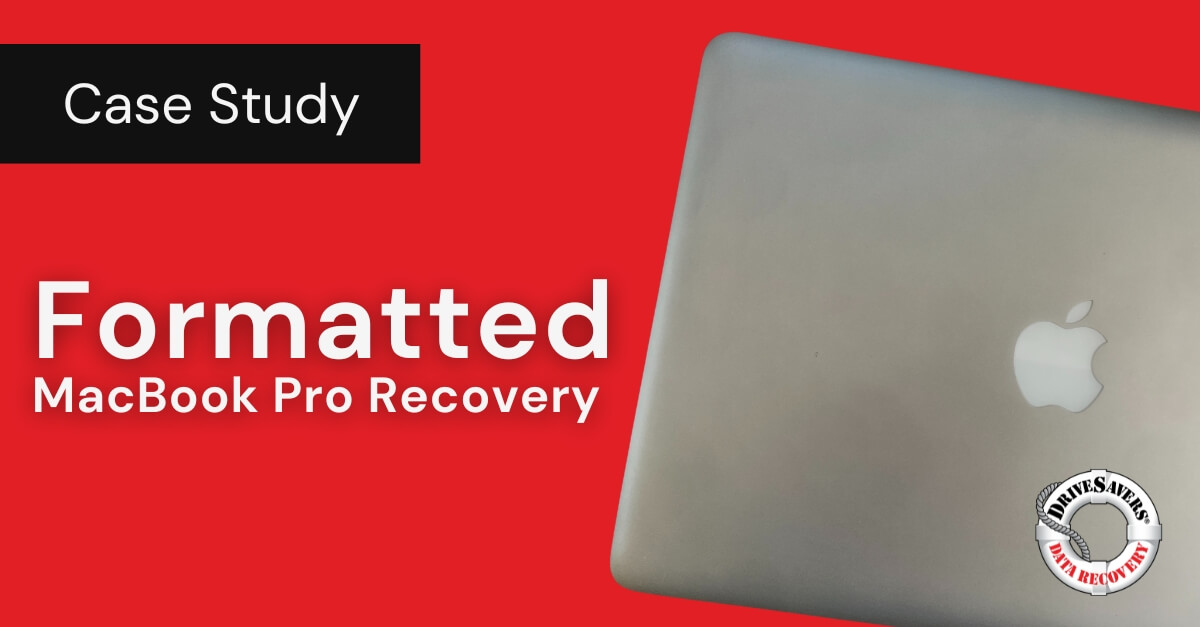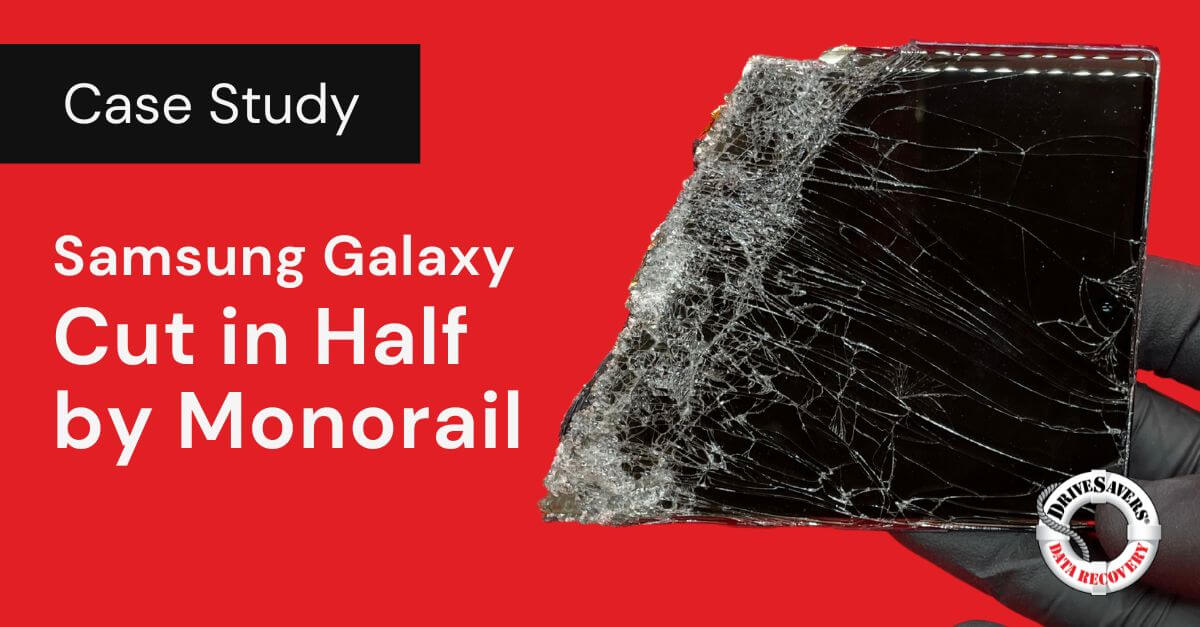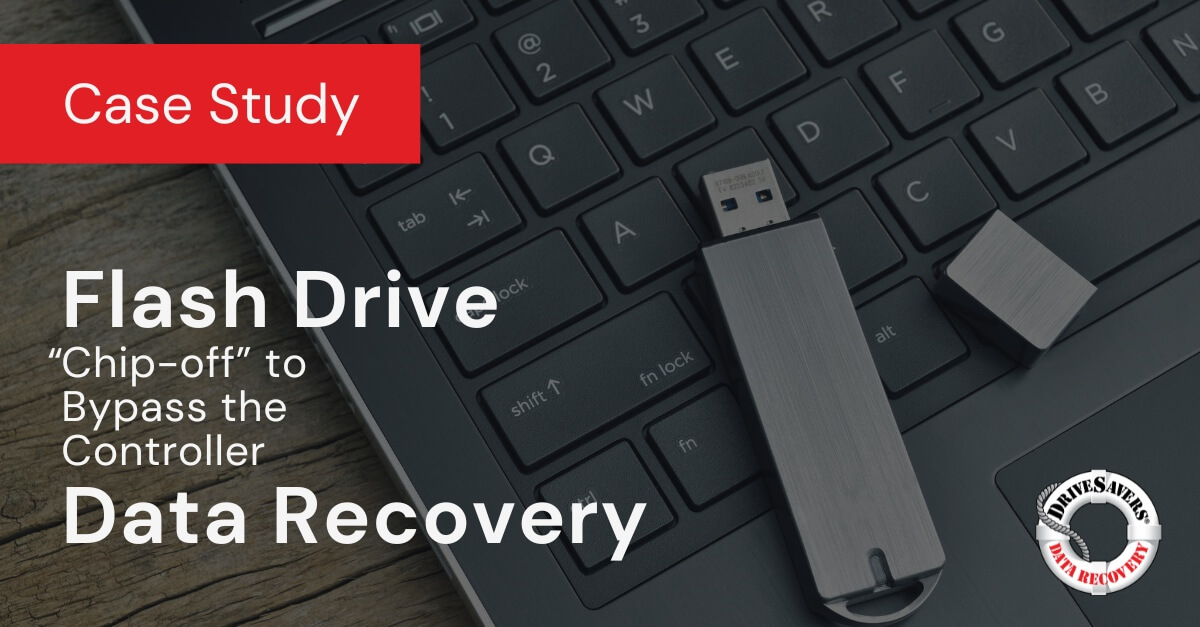When startup founder Alex needed critical files from a heavily reformatted, 10-year-old MacBook Pro, he turned to DriveSavers. Their expert team tackled the challenging recovery, retrieving vital emails, iMessages, and documents previously thought lost. With custom solutions and quick turnaround, DriveSavers delivered beyond expectations, providing Alex with the data he needed to resolve urgent matters.
Six Years of Research Almost Lost to Antarctica’s Harsh Tundra
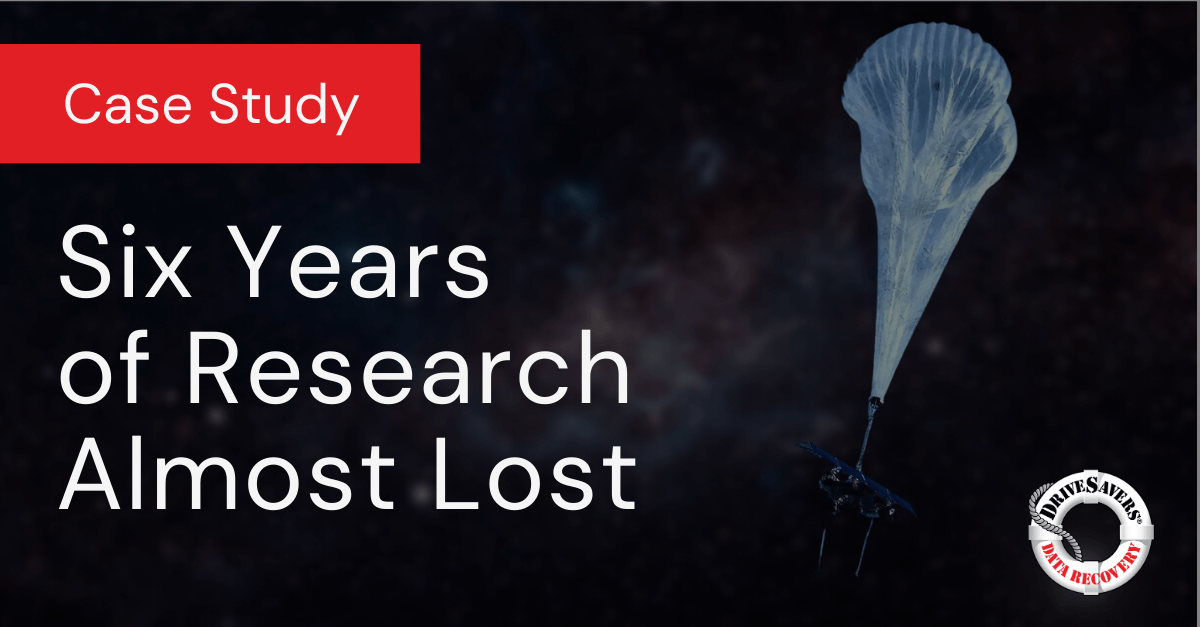
Data Loss Situation
Scientists from the University of Pennsylvania seeking answers to some of the most important questions regarding the formation and evolution of stars, galaxies, and star clusters, set forth with several other institutions on a six-year project called BLAST (Balloon-borne Large-Aperture Sub-millimeter Telescope). During the second flight for BLAST launched from a remote station in Antarctica, an unmanned balloon carrying the most powerful space telescope of its kind floated into the stratosphere at altitudes of 120,000 feet and ultimately crashed on the edge of an icy ravine on January 1, 2007.
The 200GB IDE hard drive onboard BLAST that recorded all the new data was salvaged by a rescue team, but once back in the lab it did not boot up. A small amount of data was streamed back to the researchers during the flight, but the bulk of the information (about 160GB of binary files) was lost. The scientists turned to DriveSavers to recover the data and help them unlock their new discoveries.
Six years of work would have gone down the tubes, not only would the experiment have been destroyed, we would’ve lost invaluable data about early galaxies in their formation stages between 7-10 billion years ago or so. Thanks to DriveSavers, we can analyze the data and share our discoveries with the rest of the world.
– University of Pennsylvania scientist Mark Devlin
Data Recovery Solution
The badly damaged drive was delivered to our Certified ISO Class 5 Cleanroom, a dust-free environment containing highly filtered air that is 10,000 times cleaner than normal office air. DriveSavers cleanroom engineers opened the drive’s casing, assessed the physical damage, and repaired the mechanics of the drive to gain access to and make a clean image of the data. Using years of experience combined with proprietary software and the most advanced data recovery techniques, the logical engineering team rebuilt the entire data set to perfection.
Summary
DriveSavers is the most progressive, successful data recovery company in the world. Since 1985, we have successfully recovered data from hundreds of thousands of hard drives and other storage media that have been exposed to extreme cold weather, wet snow, power surges, mechanically failed, been physically damaged, infected by viruses or worse. Our engineers work closely with major drive manufacturers to keep pace with changing data storage technology and have developed data recovery tools and techniques so advanced we consistently rescue data others deem lost forever.
*DriveSavers Standard Turnaround times are 1-2 Business days, Economy 5-7 Business days, and Priority 24/7 service – on occasion, unique substances require more time and are approved by the customer.
